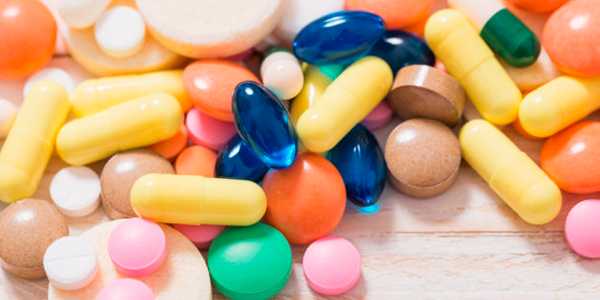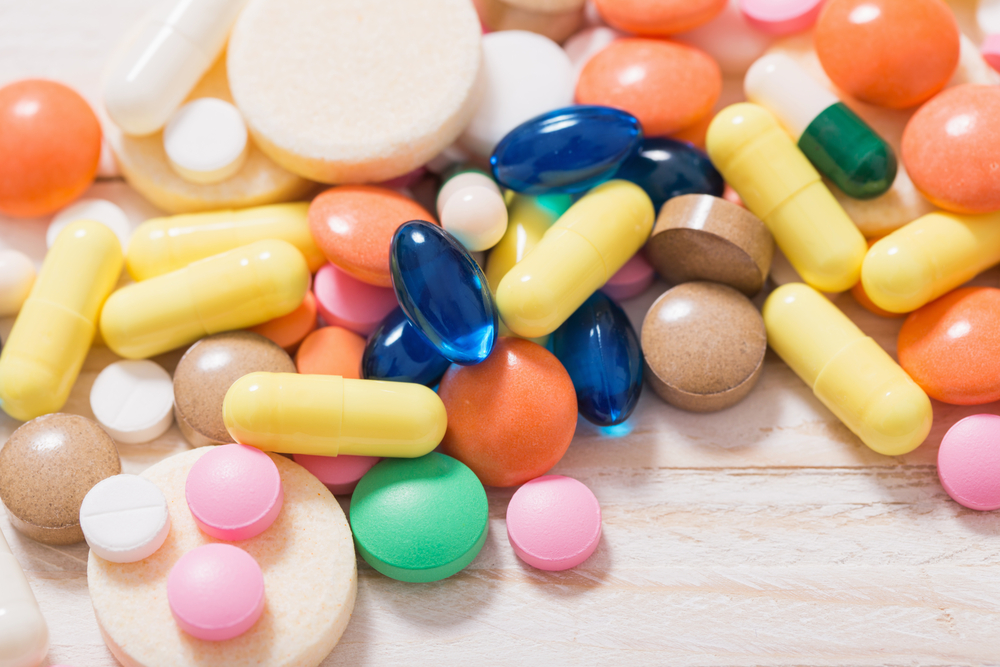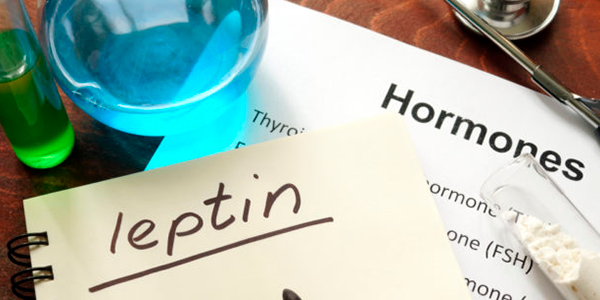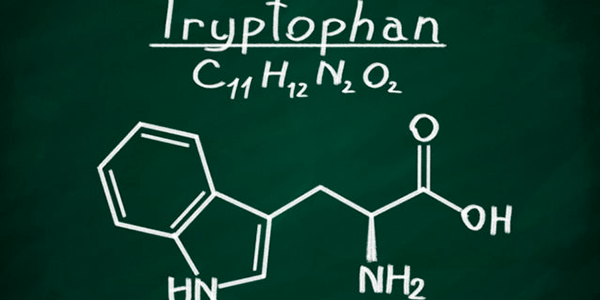Melatonin & Depression
June 23, 2017

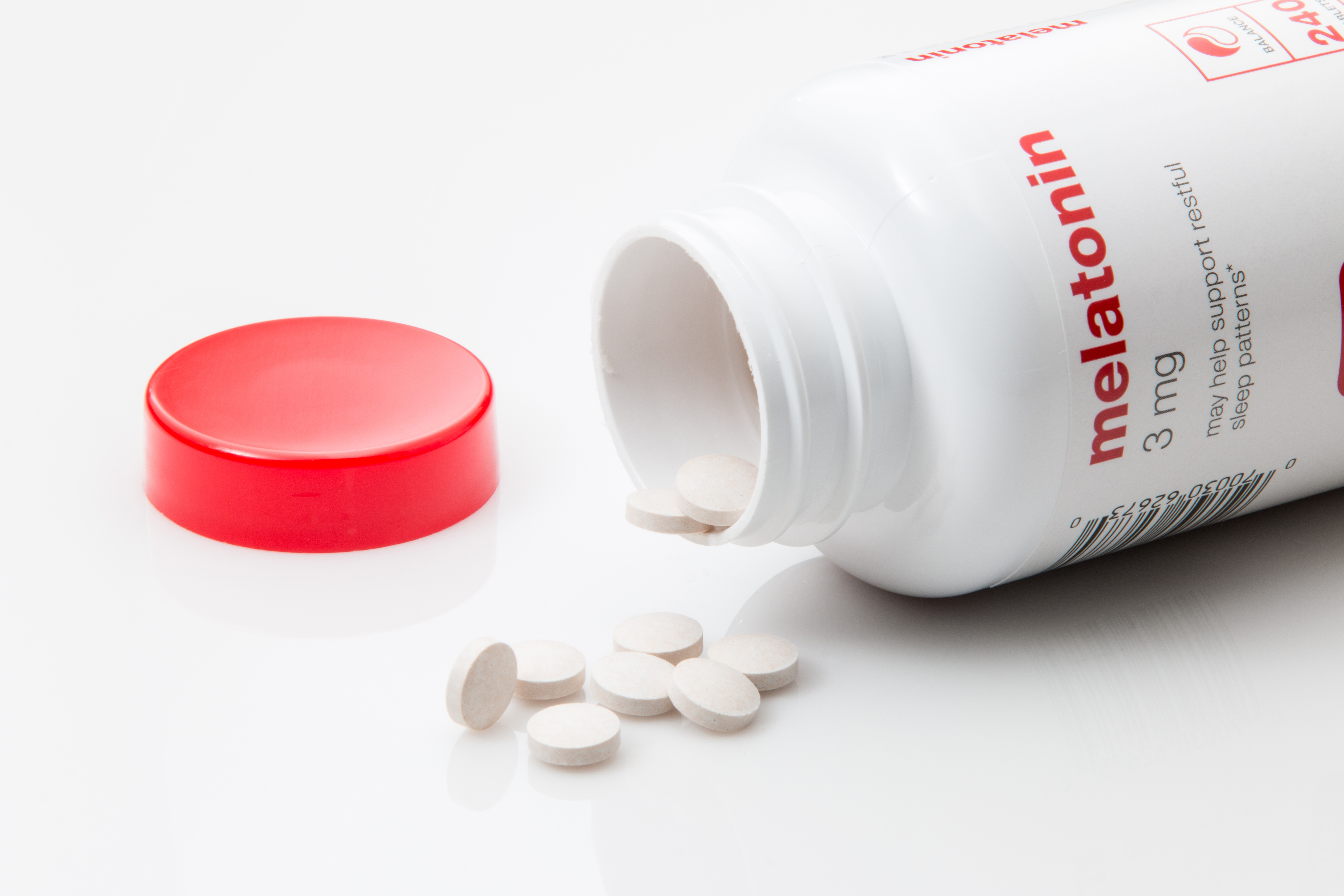 Depression
Depression
For many years, several lines of evidence have linked depression to disturbances of the circadian system. Abnormalities in the sleep pattern, such as early awakening in the morning hours, are found in up to 80% of the depressed patients.
Circadian Rhythm
Treatment with antidepressants can restore the chronobiological changes. Work shift or jet lag (manipulations of the circadian rhythm) increases the risk of developing depression.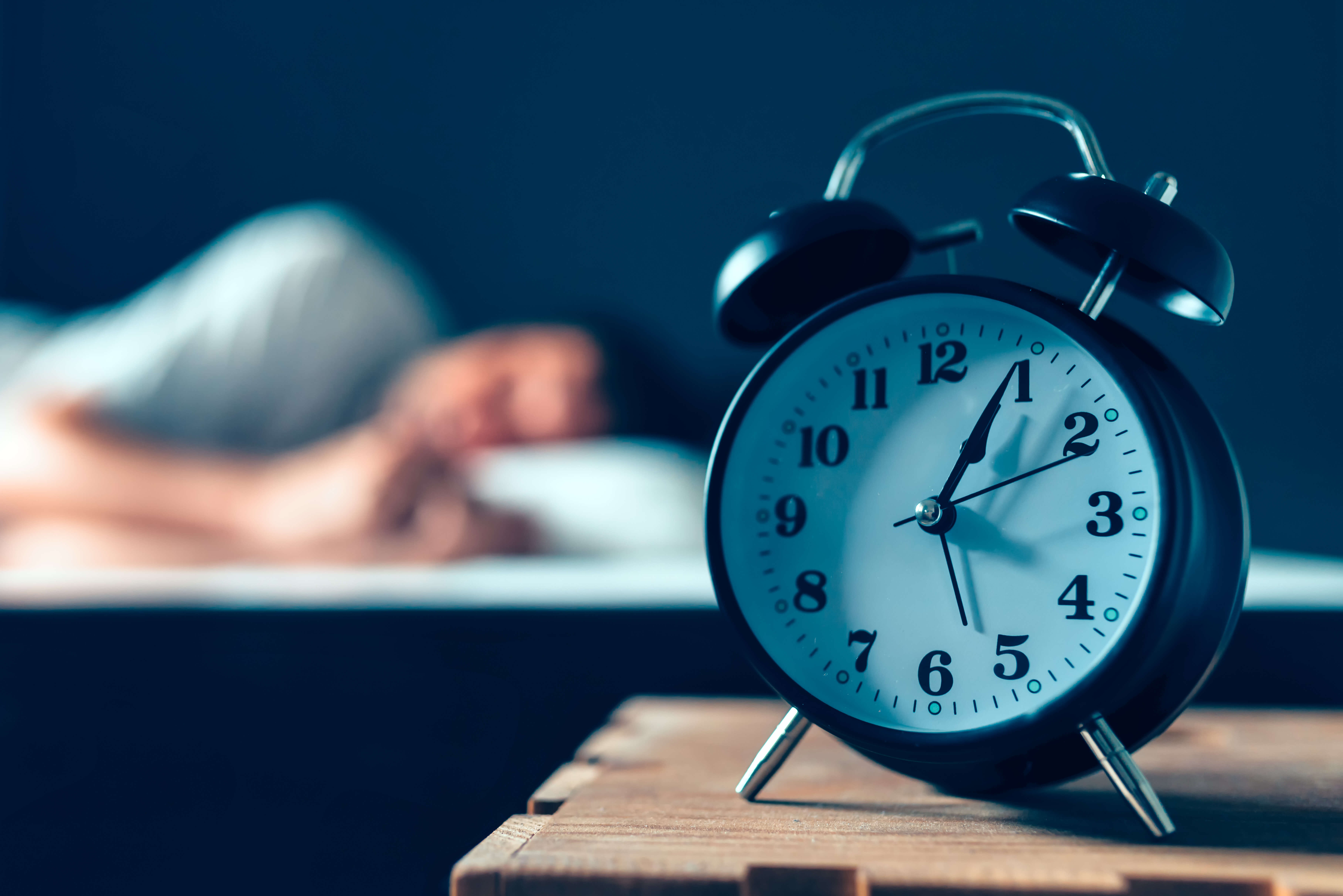 Individuals born with a shifted or arrhythmic biological clock have a higher risk of becoming depressed. Circadian manipulations, such as bright light therapy and total sleep deprivation, are capable to reverse depressive symptoms within hours.
Individuals born with a shifted or arrhythmic biological clock have a higher risk of becoming depressed. Circadian manipulations, such as bright light therapy and total sleep deprivation, are capable to reverse depressive symptoms within hours.
Melatonin
Melatonin is a hormone under direct control of the SCN and is one of the most important players in resetting the circadian rhythm every day. It is primarily secreted from the Pineal gland and mainly synthesized at night in all species.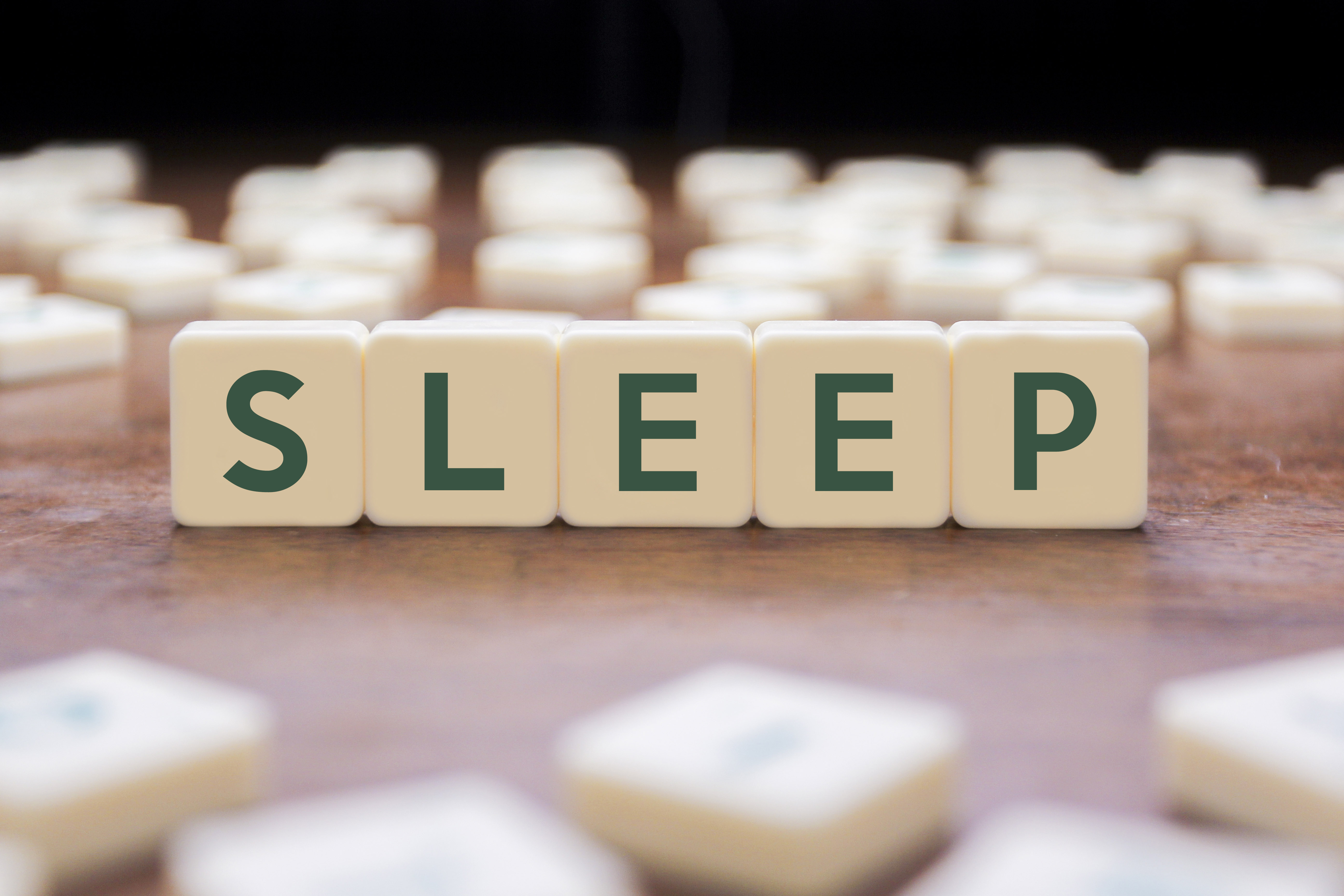 Due to minor sensitivity to the environment, melatonin is a stable marker of the circadian phase. In humans, the circadian phase is determined by measuring the onset of melatonin secretion.
Due to minor sensitivity to the environment, melatonin is a stable marker of the circadian phase. In humans, the circadian phase is determined by measuring the onset of melatonin secretion.



